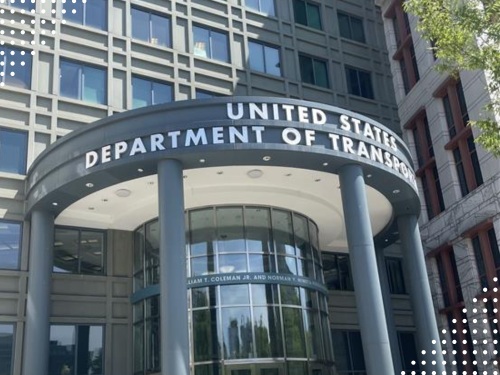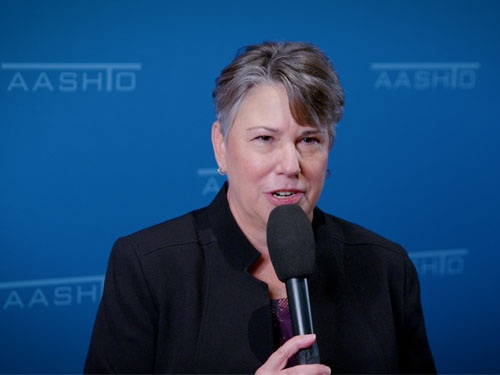The American Association of State Highway and Transportation Officials recently signed on to a letter endorsing the Driving for Opportunity Act of 2023, which seeks to address debt-based driver’s license suspensions.
[Above image via Wikipedia]
That bill – introduced by Sen. Chris Coons (D-DE) and Sen. Roger Wicker (R-MS) in July – seeks to provide states with incentives to end debt-based driver’s license suspensions.
“Millions of Americans have their driver’s licenses suspended simply because they are too poor to pay fines or fees, and not for any public safety reason,” the senators said in a joint statement. “These debt-based driver’s license suspensions make it harder for Americans to go to work to pay off their debts and place an unnecessary burden on the police, diverting resources that should go to public safety.”
According to the Fines and Fees Justice Center, one in three American families are impacted by fines and fees that are imposed as a result of a criminal or traffic offense.
“Suspensions and revocations of driver’s licenses for non-driving related conduct may harm public safety,” the letter said. “Law enforcement officers, prosecutors, and judges lose countless hours enforcing these laws at the expense of responding to more pressing issues in their communities on and off the road.”
The group noted that half the states, ranging from Texas to New York, have amended their own policies to eliminate or restrict driver’s license suspensions for unpaid court debt. Meanwhile, with the Driving for Opportunity Act, state governments would receive limited federal assistance to manage some of the costs associated with eliminating debt-based suspensions and reinstating licenses.
“Suspending licenses limits people’s ability to access work, groceries, education and health care services but it does not increase safety,” noted Jim Tymon, AASHTO executive director, in the letter.
“AASHTO and state DOTs believe our focus should always be on safety,” he said. “We very much appreciate the leadership of Senators Coons and Wicker to improve access to opportunities.”
 Top Stories
Top Stories
USDOT Makes $1.5B Worth of BUILD Grants Available
December 19, 2025 Top Stories
Top Stories

